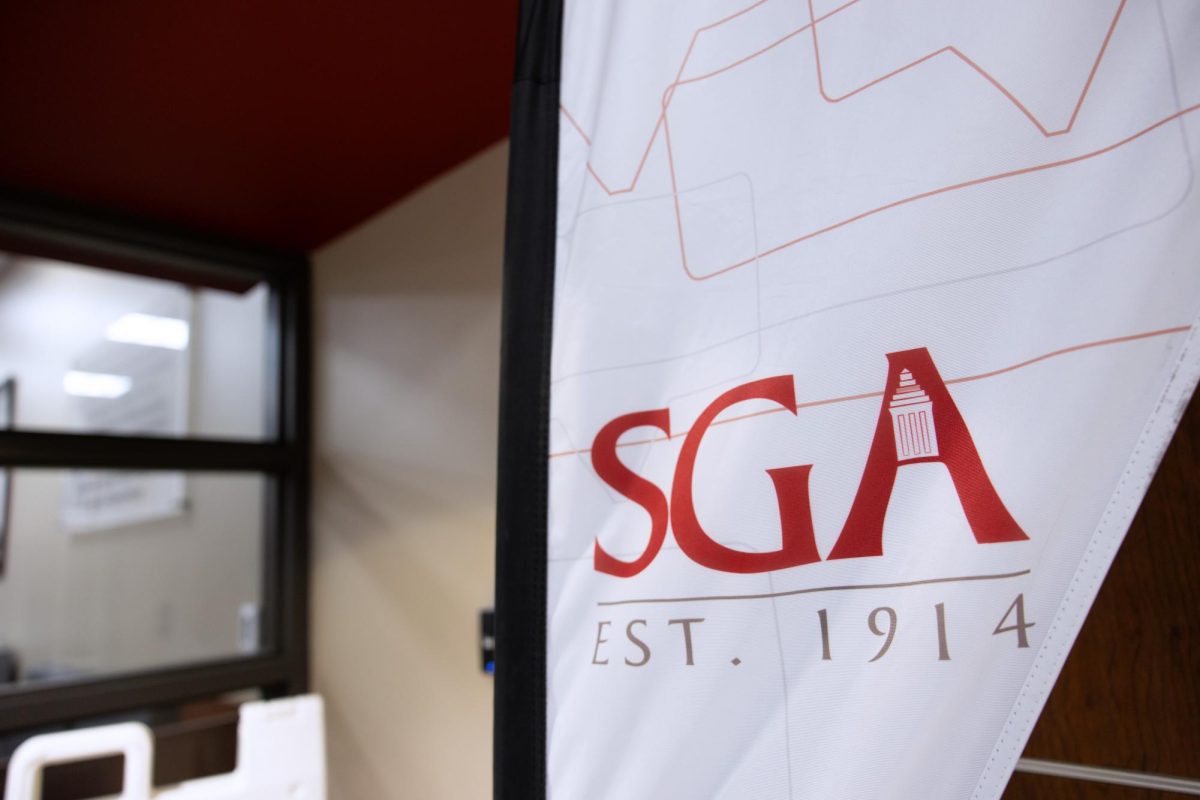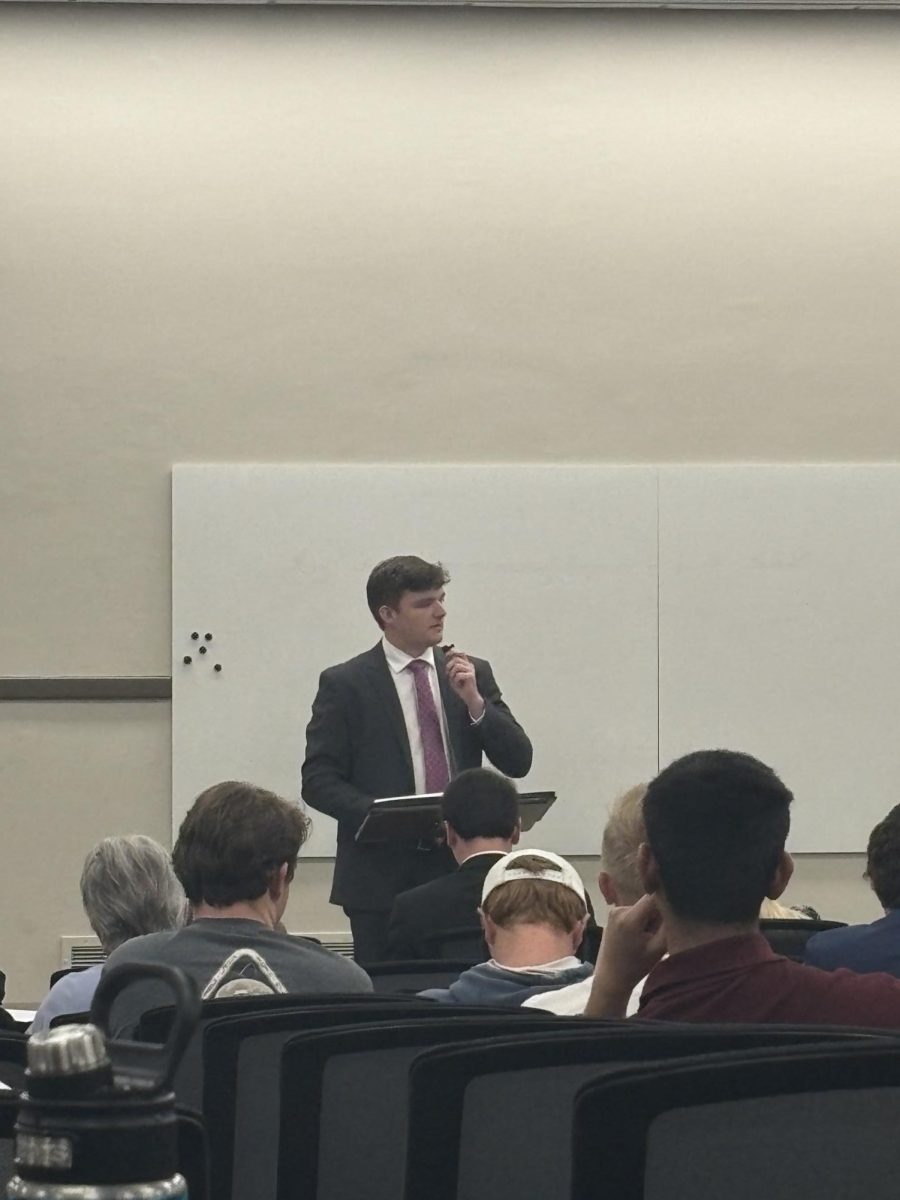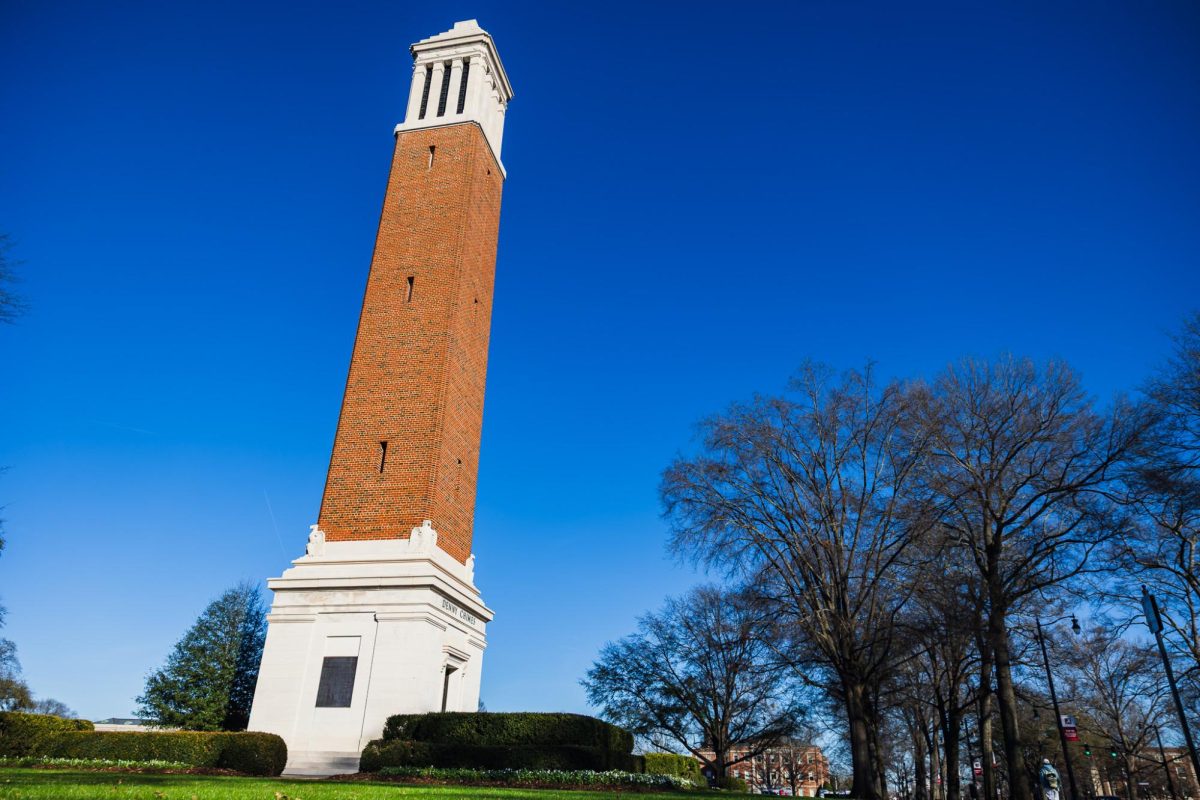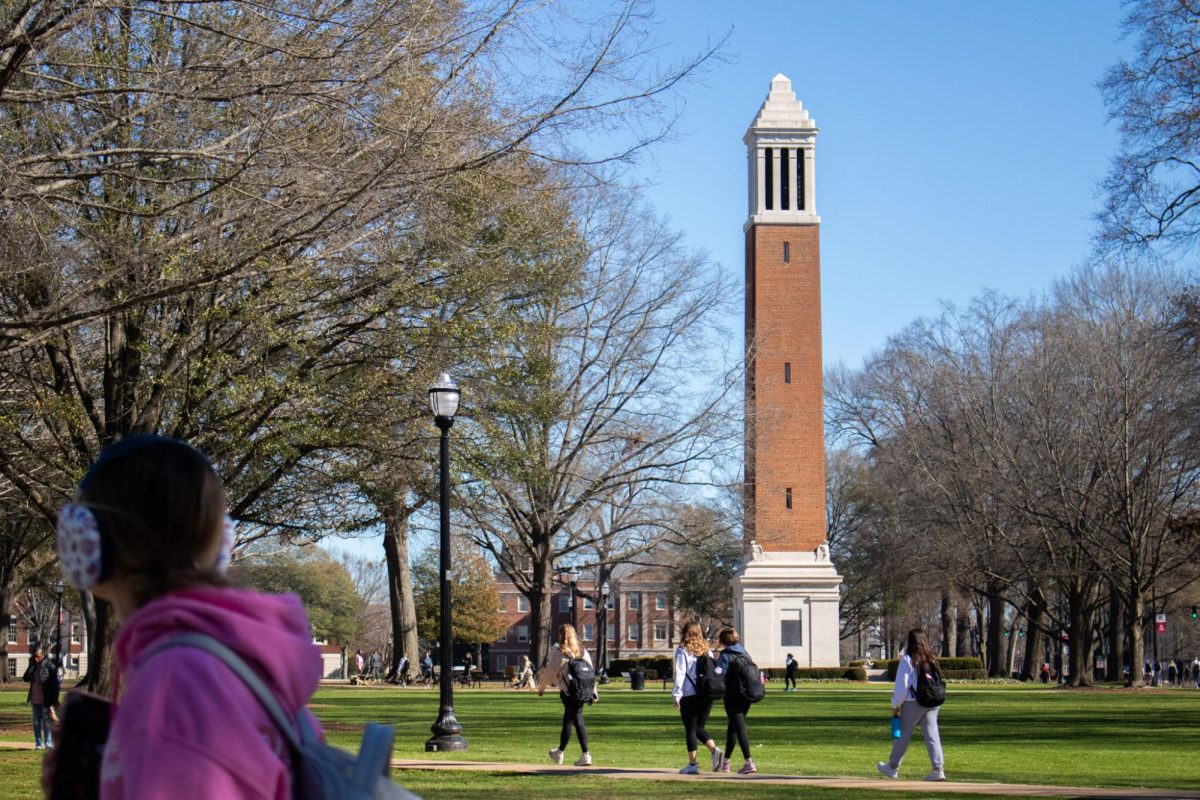Within the next five years, the University will focus on improving quality, not quantity, President Robert Witt said in an Oct. 22 interview with The Crimson White.
“I think The University of Alabama over the next five years will continue to grow, but at a much slower rate,” Witt said. “I think we will continue to grow stronger in terms of the quality of the incoming freshman class.”
Although the University has reached 30,000 students, achieving a stronger freshman class means accepting fewer students and raising admission standards. In order to attract academically strong students, the University will need to maintain its campus, Witt said. This includes building a new recreation center and creating a new residence hall.
“We will continue to invest substantially in our physical facilities,” Witt said. “Our attention will shift in emphasis toward the renovation of existing facilities more than the construction of new facilities. The board also in the June meeting approved of a new residence hall – three wings, 984 beds. When that’s complete, Rose Towers will come down.”
Paige McCormick, an English professor in the College of Arts and Sciences, said she has seen drastic change in the 11 years she has been teaching and studying at the University.
“I’m amazed at how much the University has grown and the differences I’ve seen between [former President Andrew] Sorensen and Witt’s administrations,” McCormick said. “The new building and beautifying of The Strip has made a real difference. The nice lighting, landscaping and new building projects have created a walking campus versus a driving one.”
McCormick said beautifying the campus will attract a new, diverse group of students and help enrich the University’s programs.
“I think it’s only better that students be exposed to the broadest cultures from different parts of the U.S. for two reasons,” McCormick said. “One is it makes you appreciate your culture more. And having a wide range of people makes us more tolerant, it makes us more interesting, and it makes us more intelligent because we’re stimulated. That’s what education is all about.”
Jennifer Greer, chairwoman of the department of journalism, said the projected growth of the University will only benefit current students.
“I think one of the things that is really smart about the whole strategy is along with the growth, they’re attracting a higher quality of students,” Greer said. “Our numbers are going up and our quality is too. I think it’s beneficial because the value of degrees will go up as we go up in the national rankings.”
Along with an increase in the University’s national rankings comes an increase in available scholarship money, Greer said.
“I’ve seen an increase in the number of scholarships available because there’s more money coming in and more opportunities for those kinds of things,” Greer said. “A lot of students who wouldn’t be able to afford college now can because of the influx of funds.”
Despite the positive reactions of professors to the future growth, students are a little more skeptical.
“They should definitely tear down Rose Towers; it’s creepy,” said Lindsey Collins, a sophomore majoring in English.” Didn’t they just build a new [Student Recreation] center? I think that it would be better to have more parking than a new fitness center.”
Jeremiah Williams, a junior majoring in telecommunications and film, said he thinks the growth is a positive step forward but also agrees with Collins about investing in parking.
“I think growth is good, but at the same time, what we already have is sufficient,” Williams said. “They could invest in more stadium expansion or better parking instead of building a new rec center. I have to park in the Southeast Commuter lot, I can hardly find anywhere to park and it’s far away from campus.”








